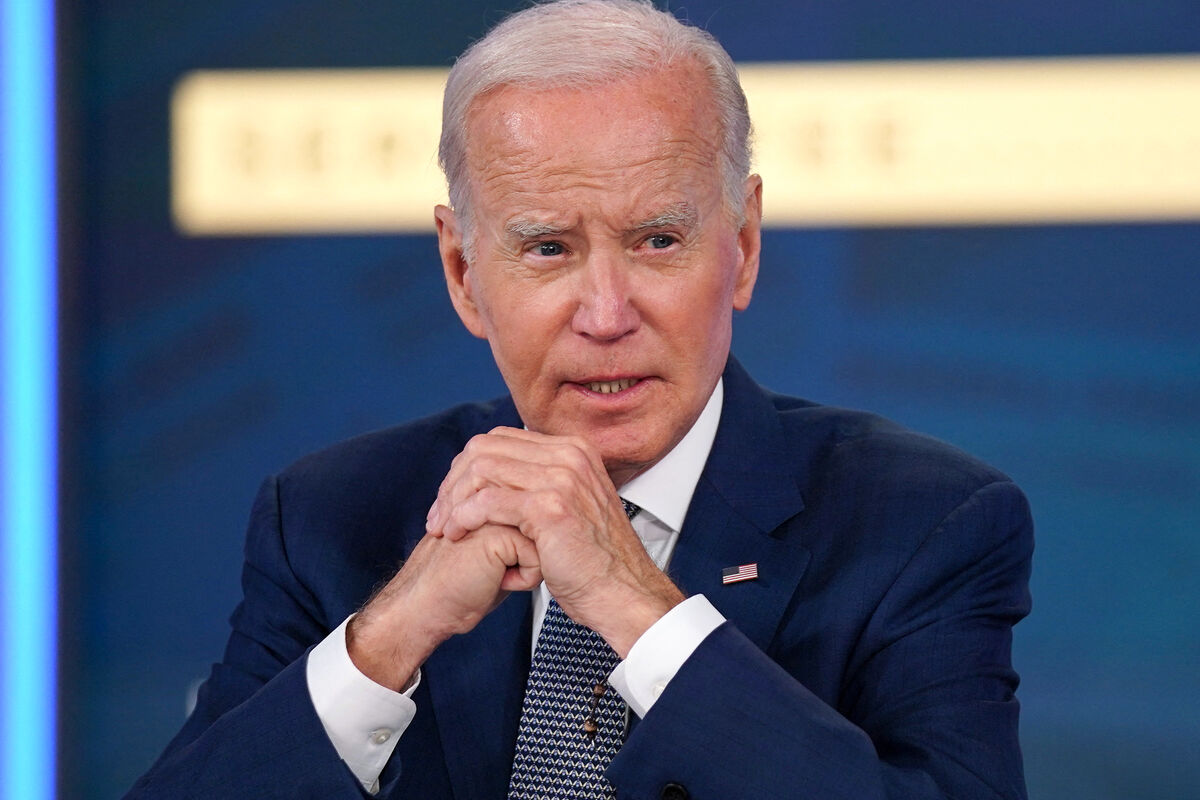It became known that the President of the United States triggered a trade war with China by raising tariffs on a range of Chinese goods. He announced a package of sharp increases in mandatory customs duties on electric cars, computer chips, medical products, etc.
Things are serious
The list includes many goods totaling $18 billion, including steel, aluminum, semiconductors, batteries, minerals, solar panels, faucets, and other goods that have great demand on almost every continent.
Regarding electric cars manufactured by the Chinese automotive industry, the US increased tariffs fourfold.
The official reasons, as announced by the White House, are “unacceptable risks” to the security of the American economy. These risks arose from unfair actions by China, which flooded the global market with cheap products.
The situation was also explained by White House advisor Lael Brainard, who specializes in national economics. She stated that China consistently uses a scheme for its own growth by oversupplying the world market with exported goods at low prices through dishonest practices.
Another trade representative of the US, Katherine Tai, stated that the new tariffs are justified and fair because China continues to steal US intellectual property and there are even indications that it is becoming increasingly aggressive in cyberattacks, targeting American technologies.
Only 7 months left until the tariff increase
How will the tariffs be increased? In the next and in 2026, additional fees will be imposed on imported semiconductors (the rate increase will be 50%), as well as on non-automotive lithium-ion batteries and some other goods.
The increase in tariffs can be considered an expected event, as journalists have already reported that the Biden team is working on developing similar measures and determining which industries can be restricted and which cannot, considering their impact on stimulating US economic growth. It is evident that this topic was discussed during the visit of the US Secretary of State Blinken to China. After that meeting, both sides mentioned the need to responsibly address differences in a press conference. In his address to the Chinese authorities, Blinken then called for providing normal conditions for American businesses. As seen, no progress has been made, promising further escalation along the confrontation axis.


